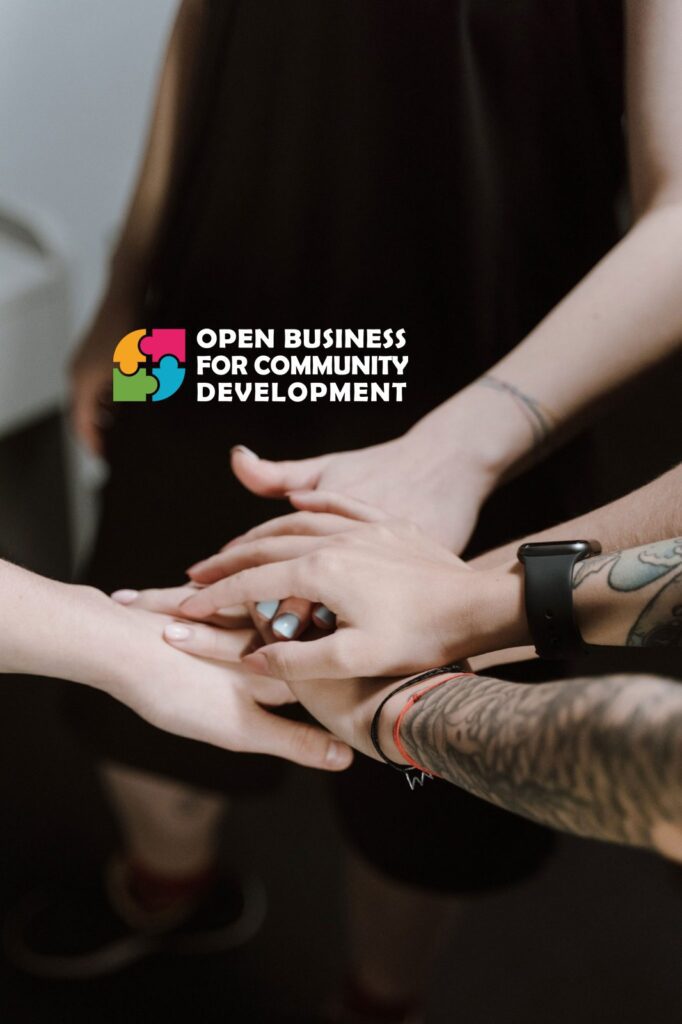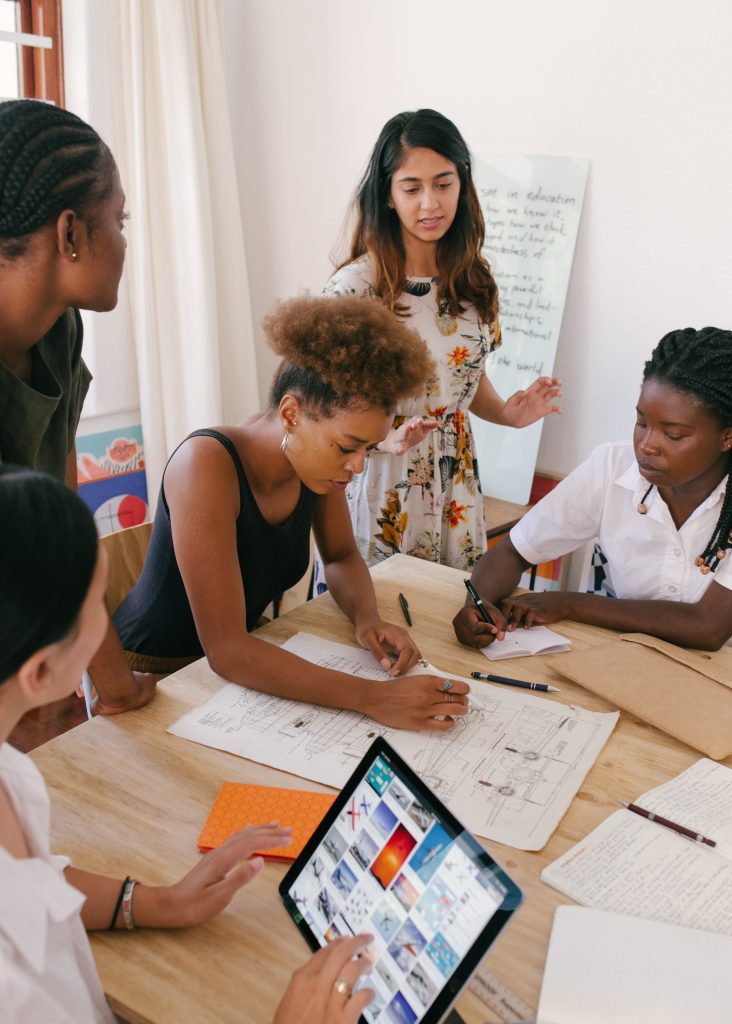On this important day, we reflect on the intersection of education, empowerment, and gender equality, highlighting how initiatives like the OBCD project contribute to transformative change.
Key achievements from the OBCD Project:
Empowering Participation: The project brought together nearly 60 participants from five countries (Italy, Greece, Finland, Spain, and the Netherlands), with 41 women actively involved.
Leadership Excellence: Guided by a female project coordinator, OBCD emphasizes building skills, fostering networks, and creating equitable opportunities in the social economy sector.
Transforming through training
The OBCD project’s training modules are designed to bridge gaps, break barriers, and drive innovation.
Key features include:
- Diverse Curriculum: Modules on innovation, diversity, financial management, and ecosystems tailored to EQF-ECTS standards (levels 5 and 6).
- Interactive Methods: Combining online learning, practical sessions, and project-based activities for applicability in real-world scenarios.
- Female-Led Insights: Sessions featuring female entrepreneurs served as role models, offering strategies for success in the social economy.
One participant shared:
“The involvement of female entrepreneurs was very enlightening during the practical sessions.”
Training outcomes:
- Over 400 learners from four countries enhanced their competencies in social enterprise management.
- Training evaluation data revealed high satisfaction levels, with 201 women among 315 respondents rating the program as highly impactful.
🎓 Academic contributions that inspire
Emma Ricci, a student from Università di Roma Tor Vergata, exemplifies the project’s impact. Supervised by Natalia Marzia Gusmerotti, in her thesis, “Women Empowerment as a Driver of Sustainable Innovation: A Case Study Analysis in SMEs,” she explores how empowering women drives innovation in small and medium enterprises. Her findings align closely with the OBCD mission and demonstrate the transformative potential of gender equality in the workplace.

Promoting gender equity
The OBCD project is taking steps to ensure systemic change by developing tools to measure social impacts. One critical indicator is the percentage of women in leadership roles within Social Enterprises.
Global studies, like the UN Women 2023 report, highlight the persistent underrepresentation of women in managerial roles despite educational and workforce parity. By addressing this gap, OBCD is paving the way for equitable leadership and social progress.
📚 Further Reading:
- UN Women 2050 Report: Forecasting Women in Leadership Positions
- GEM 2022/2023 Women’s Entrepreneurship Report: Challenging Bias and Stereotypes

